Home>diy>Building & Construction>Why Buy New Construction
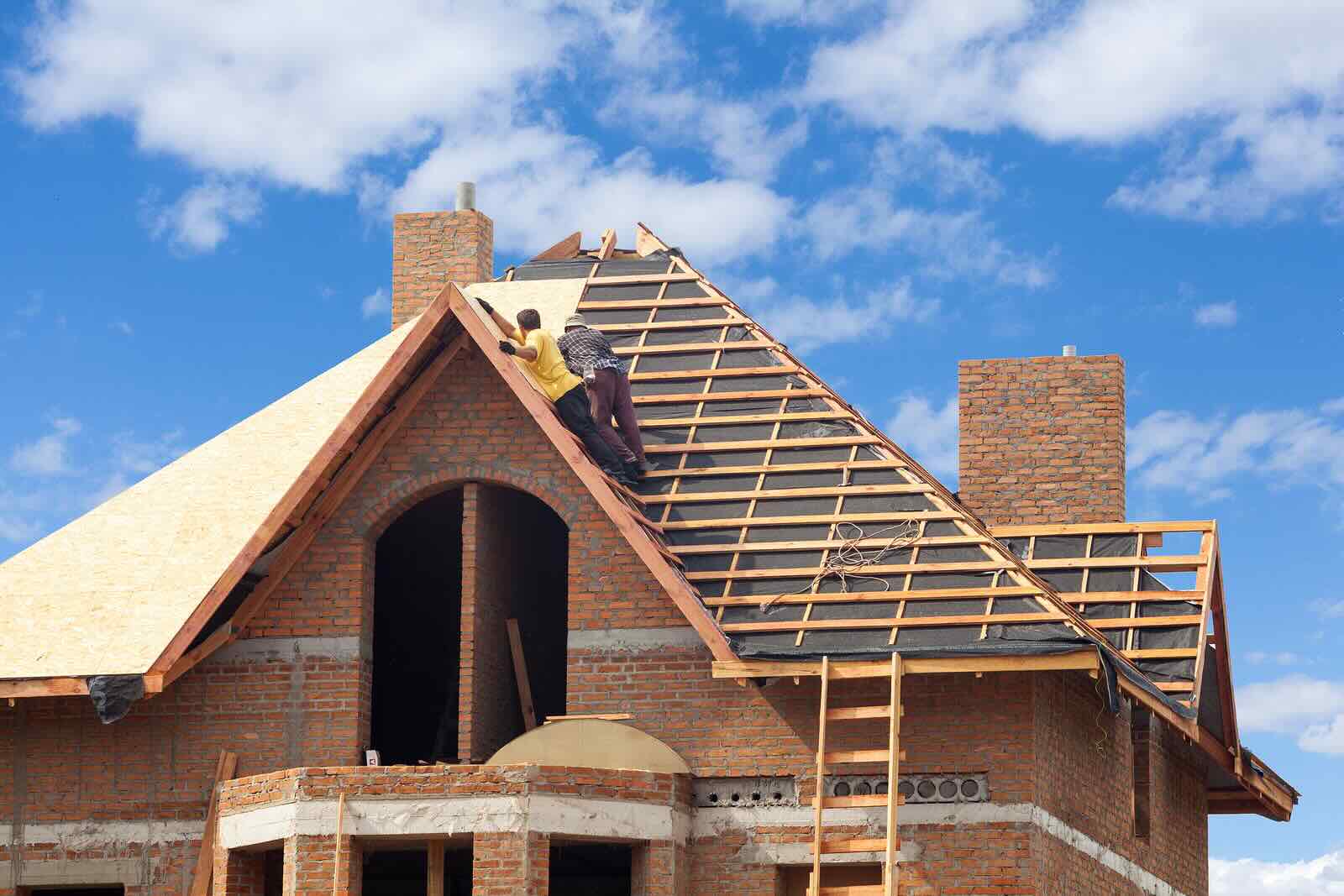

Building & Construction
Why Buy New Construction
Modified: January 24, 2024
Looking to invest in building construction? Discover the benefits of buying new construction homes, including modern design, energy efficiency, and customization options.
(Many of the links in this article redirect to a specific reviewed product. Your purchase of these products through affiliate links helps to generate commission for Storables.com, at no extra cost. Learn more)
Introduction
When it comes to buying a home, there are numerous options available in the market. While some people prefer the charm of old houses with their historical significance and unique character, others are drawn towards the allure of brand-new construction homes. In recent years, the demand for new construction homes has been on the rise, thanks to their many advantages and benefits.
Buying a new construction home offers buyers the opportunity to create a space that is tailored to their preferences and lifestyle. From the foundation to the finishing touches, every aspect of the home can be customized to meet their needs. Furthermore, new construction homes often come equipped with the latest technology and energy-efficient features, helping homeowners save on utility bills in the long run. With low maintenance requirements, enhanced safety features, and the assurance of warranty protection, new construction homes are becoming an appealing choice for many buyers.
In this article, we will explore the numerous benefits of buying new construction homes and some considerations to keep in mind when purchasing one.
Key Takeaways:
- New construction homes offer customizable spaces, energy efficiency, low maintenance, and enhanced safety features. Consider the potential for construction delays and limited resale data when making a purchase decision.
- While new construction homes provide modern amenities and community benefits, it’s crucial to carefully evaluate costs, builder reputation, and long-term value. Prioritize quality, customization, and thorough research.
Read more: How Does Buying New Construction Work
Benefits of Buying New Construction Homes
Investing in a new construction home offers a plethora of benefits that make it an attractive option for homebuyers. Let’s delve into some of the key advantages:
- Customization Options: One of the primary benefits of purchasing a new construction home is the ability to customize it to your liking. From choosing the layout and floor plan to selecting the countertop materials, flooring, and paint colors, you have the opportunity to create a space that reflects your personal taste and style.
- Energy Efficiency: New construction homes are built with energy efficiency in mind. They often incorporate cutting-edge insulation, high-performance windows, and energy-efficient appliances, resulting in lower energy consumption and reduced utility bills.
- Low Maintenance: Unlike older homes that may require constant repairs and renovations, new construction homes are designed to minimize the need for extensive maintenance. With brand-new appliances, plumbing, electrical systems, and structural elements, you can enjoy a worry-free living experience.
- Modern Design and Architecture: New construction homes feature contemporary designs and architectural styles that cater to the preferences of modern homeowners. From open floor plans and spacious rooms to sleek and streamlined finishes, these homes offer a fresh and modern living environment.
- Enhanced Safety Features: New construction homes are built to meet the latest safety codes and standards. They incorporate advanced security systems, fire-resistant materials, and other safety features, providing homeowners with peace of mind.
- Warranty Protection: Buying a new construction home typically comes with warranty protection. This means that if any issues arise with the home or its components within the specified warranty period, the builder is responsible for addressing and resolving them at no additional cost to the homeowner.
- Upgraded Technology and Appliances: New construction homes often come equipped with the latest technology, including smart home features, high-speed internet connectivity, and advanced appliances. These modern amenities make daily living more convenient and enjoyable.
- Community Amenities: Many new construction developments include attractive community amenities such as parks, playgrounds, swimming pools, fitness centers, and walking trails. These amenities contribute to a vibrant and engaging community lifestyle.
With these benefits in mind, it’s no wonder that many homebuyers are gravitating towards new construction homes. However, it’s important to consider a few factors before making your decision. Let’s explore some of these considerations in the next section.
Customization Options
One of the major advantages of buying a new construction home is the ability to customize it according to your preferences. Unlike older homes where you may need to compromise on certain features or invest in renovations, new construction homes give you the opportunity to create a space that truly reflects your style and meets your needs.
When purchasing a new construction home, you have the flexibility to choose from a range of floor plans and layouts offered by the builder. Whether you prefer an open-concept design, multiple bedrooms, or a home office, you can select the option that best suits your lifestyle.
Additionally, new construction homes allow you to select the finishes and materials used throughout the house. From countertops and cabinetry to flooring and paint colors, you have the freedom to personalize every aspect of your home’s interior. This customization extends to the exterior as well, where you can choose the color scheme, siding materials, and landscaping options.
Having the ability to customize your home not only ensures that it aligns with your personal taste and style but also enhances its functionality. You can incorporate features and upgrades that cater to your specific needs, such as additional storage space, built-in shelving, or a gourmet kitchen.
It’s important to note that while customization options are a great advantage, they may come with additional costs and timelines. Depending on the builder and the extent of your customization, there may be fees associated with certain upgrades or modifications. It’s essential to discuss these details with the builder and factor them into your budget and timeline.
Overall, the customization options offered by new construction homes allow you to create a space that truly feels like your own. You can design a home that reflects your personality, suits your lifestyle, and fulfills your unique requirements.
Energy Efficiency
Energy efficiency is a significant consideration for homeowners, not only for environmental reasons but also for long-term cost savings. When buying a new construction home, you can expect a high level of energy efficiency due to the use of modern building techniques and materials.
New construction homes are designed with energy conservation in mind, aiming to reduce the overall carbon footprint and lower utility costs for homeowners. Here are some of the key ways in which new construction homes achieve energy efficiency:
- Insulation: New homes often have advanced insulation systems that effectively retain heat in the winter and keep cool air inside during the summer months. This allows for optimal temperature control and reduces the need for excessive heating or cooling, resulting in energy savings.
- Windows and Doors: Energy-efficient windows and doors are commonly used in new construction homes. These windows feature double or triple-glazed glass, low-emissivity coatings, and insulated frames, preventing heat loss and minimizing air leakage.
- Lighting: New construction homes frequently incorporate energy-efficient lighting solutions, such as LED bulbs and fixtures. LED lights consume significantly less energy and have a longer lifespan compared to traditional incandescent or fluorescent bulbs.
- Appliances and Systems: New construction homes often come equipped with energy-efficient appliances, such as ENERGY STAR-rated dishwashers, refrigerators, and washing machines. These appliances are designed to use less energy without compromising performance.
- Solar Panels: Many new construction homes offer the option to install solar panels on the roof. Solar energy is a renewable and clean energy source that can significantly reduce your reliance on the grid and lower your energy bills.
By investing in a new construction home with high energy efficiency standards, you can enjoy several benefits. Firstly, you’ll experience reduced energy consumption, resulting in lower utility bills. Over time, the savings can add up significantly.
Secondly, an energy-efficient home is more environmentally friendly, as it reduces greenhouse gas emissions and overall energy demand. By choosing a new construction home, you are contributing to sustainable practices and minimizing your impact on the planet.
Lastly, energy-efficient features can enhance the overall comfort of your home. With proper insulation and temperature control, you’ll be able to maintain a consistent indoor environment, free from drafts and temperature extremes.
When purchasing a new construction home, inquire about the builder’s energy efficiency standards and certifications. Look for homes that meet or exceed energy codes and include features that optimize energy usage. This way, you can be confident in your investment and enjoy the benefits of an energy-efficient home for years to come.
Low Maintenance
One of the major advantages of buying a new construction home is the minimal maintenance required compared to older homes. New construction homes are built with modern materials and systems that are designed to be durable and low maintenance, providing homeowners with peace of mind and more free time to enjoy their homes.
Here are some reasons why new construction homes offer lower maintenance requirements:
- Newer Systems: New construction homes come equipped with brand-new electrical, plumbing, and HVAC systems. These systems are designed to meet current building codes and standards, reducing the likelihood of maintenance issues in the near future.
- Warranty Protection: When you purchase a new construction home, it often comes with a warranty. This warranty typically covers defects and issues that may arise within the first few years of homeownership. Having warranty protection ensures that any major repairs or replacements needed during this period are taken care of by the builder, alleviating the financial burden on the homeowner.
- Modern Materials: New construction homes utilize advanced building materials and technology. These materials have improved resistance to wear and tear, such as high-quality siding, roofing, and flooring options. They are designed to withstand the test of time and require less maintenance compared to older materials.
- Efficient Design: New construction homes are often built with efficient and thoughtful design in mind. This includes features like easy-to-clean flooring, low-maintenance landscaping, and well-planned layouts that minimize wasted space and reduce the need for excessive maintenance.
While new construction homes have lower maintenance requirements, it’s important to note that some regular maintenance tasks are still necessary to keep your home in top condition. Examples include cleaning gutters, changing air filters, and routine inspections of the HVAC system and other mechanical components. However, compared to older homes, new construction homes typically require less frequent and less extensive maintenance overall.
Additionally, it’s important to follow the recommended maintenance guidelines provided by the builder to ensure the longevity and warranty coverage of your new construction home. Regular maintenance not only preserves the value of your investment but also helps identify any potential issues early on, allowing for prompt repairs and prevention of further damage.
With a new construction home, you can enjoy the benefits of a low-maintenance lifestyle, giving you more time to focus on what matters most to you. Whether it’s spending quality time with your loved ones or simply relaxing and enjoying your new home, the reduced maintenance requirements can enhance your overall homeownership experience.
Modern Design and Architecture
One of the key advantages of buying a new construction home is the opportunity to embrace modern design and architecture. New construction homes are built with contemporary styles and features that appeal to the aesthetics and preferences of today’s homebuyers.
Here are some reasons why new construction homes offer modern design and architecture:
- Open Floor Plans: New construction homes often feature spacious and open floor plans that promote a sense of flow and connectivity. These layouts are well-suited for modern living, providing ample space for family gatherings, entertaining, and a seamless transition between rooms.
- Sleek and Clean Finishes: New construction homes showcase sleek and clean finishes that exude a contemporary look. From smooth and polished countertops to streamlined cabinetry and fixtures, these features contribute to a modern and sophisticated aesthetic.
- Minimalist Design: Many new construction homes embrace minimalist design principles, focusing on simplicity, functionality, and clean lines. This design approach creates a sense of calm and enhances the visual appeal of the home.
- Smart Home Technology: New construction homes often come equipped with the latest smart home technology. From automated lighting and temperature control systems to integrated security and entertainment features, these technologies enhance convenience and modernize the living experience.
- Architectural Innovations: New construction homes incorporate architectural innovations that prioritize functionality, sustainability, and aesthetics. These features may include large windows for ample natural light, energy-efficient designs, and creative use of space to maximize comfort and livability.
Buying a new construction home allows you to embrace modern design and architecture without the need for extensive renovations or remodeling. You can enjoy the perks of a contemporary living space that reflects your personal style and aligns with current design trends.
Furthermore, the modern design and architecture of new construction homes often provide flexibility for future updates and personalization. The clean canvas allows homeowners to add their personal touches and easily incorporate evolving design trends as desired.
Whether you prefer a minimalist, industrial, or eclectic style, new construction homes offer a variety of design options to suit your taste. The modern design and architecture of these homes create a visually appealing and inviting environment that you can be proud to call your own.
Enhanced Safety Features
When it comes to homeownership, safety is a top priority for every homeowner. One of the advantages of buying a new construction home is the incorporation of enhanced safety features. New construction homes are built with the latest safety standards and technologies in mind, providing homeowners with peace of mind and a secure living environment.
Here are some of the key safety features commonly found in new construction homes:
- Smoke Detectors and Fire Safety: New construction homes are typically equipped with hardwired smoke detectors on each level, providing early detection of fire hazards. They may also include fire-resistant materials in the construction and have fire suppression systems in place, such as sprinklers or fire extinguishers.
- Security Systems: Many new construction homes come pre-wired for security systems, making it easier for homeowners to install surveillance cameras, motion sensors, and security alarms. These systems offer added protection against potential break-ins and intruders.
- Sturdy Construction: New construction homes are built to meet modern building codes and regulations, ensuring structural integrity and resilience. They are designed to withstand natural disasters and severe weather conditions, providing a safe shelter for occupants.
- Smart Home Safety: New construction homes often incorporate smart home technology that includes safety features. These may include smart locks, video doorbells, and carbon monoxide detectors that can be monitored remotely. Smart home safety features add an extra layer of protection and convenience.
- Childproofing Measures: New construction homes take into consideration the safety of families with young children. They may include childproofing features such as electrical outlet covers, staircase safety gates, and reinforced windows for added peace of mind.
By purchasing a new construction home, you can enjoy the benefits of these enhanced safety features. These features not only protect you and your family but also provide potential savings on insurance premiums. Many insurance companies offer discounts for properties with advanced safety measures in place.
When buying a new construction home, it’s important to discuss the safety features included with the builder. Understand the specifics of the safety systems and protocols in place to ensure your comfort and security.
Overall, new construction homes prioritize the safety of its residents. With their adherence to stringent safety standards and the integration of advanced safety technologies, these homes provide a secure and comforting environment for you and your family.
Warranty Protection
One of the significant benefits of buying a new construction home is the warranty protection that often comes with it. New construction homes typically come with warranties that provide homeowners with peace of mind and financial protection against any potential defects or issues.
Here are the key aspects of warranty protection for new construction homes:
- Builder’s Warranty: Builders typically offer a warranty that covers any potential defects in materials or workmanship for a specified period of time, commonly ranging from one to ten years. This warranty ensures that any issues that arise within the specified timeframe are the responsibility of the builder to address and fix at no additional cost to the homeowner.
- Manufacturer’s Warranty: In addition to the builder’s warranty, new construction homes also come with warranties from various manufacturers of the components and systems installed in the home. This includes warranties for appliances, HVAC systems, plumbing fixtures, and more. These warranties provide coverage for the repair or replacement of any defective items.
- Extended Warranty Options: Some builders offer extended warranty options that homeowners can purchase to extend the coverage period beyond the standard warranty. These extended warranties provide additional protection and peace of mind for an extended period, ensuring that any unexpected issues are covered.
Having warranty protection for your new construction home can save you significant costs in case of any unexpected repairs or replacements. It provides financial assurance and eliminates the burden of unexpected expenses during the early years of homeownership.
It’s important to thoroughly review the details of the warranties offered with the builder. Understand the coverage period, what is included and excluded, and any limitations or conditions. Ask questions to ensure you have a clear understanding of what is covered and what is not.
During the warranty period, if you encounter any issues or defects, promptly report them to the builder as per their warranty claim process. This will ensure that the necessary repairs or replacements are carried out within the specified timeframe.
Keep in mind that warranty protection is specific to the builder and the components installed. It does not cover normal wear and tear or damages caused by improper maintenance or homeowner negligence. Therefore, it’s essential to follow the recommended maintenance guidelines provided by the builder to maintain the warranty coverage.
Overall, warranty protection provides homeowners with confidence and protection against unexpected issues or defects in their new construction homes. It adds value to your investment and ensures that you can enjoy your home without the worry of significant repair costs in the initial years of homeownership.
When buying new construction, consider the potential for customization and modern amenities. New homes often come with warranties and energy-efficient features, providing long-term savings.
Upgraded Technology and Appliances
One of the advantages of buying a new construction home is the inclusion of upgraded technology and appliances. New construction homes are designed to embrace modern living and provide homeowners with the convenience and efficiency of the latest advancements in technology.
Here are some of the key benefits of the upgraded technology and appliances found in new construction homes:
- Smart Home Features: Many new construction homes come equipped with smart home technology. This includes features such as integrated voice-controlled assistants, smart thermostats, programmable lighting systems, and home automation hubs. These features allow you to control various aspects of your home with ease, enhancing convenience and energy efficiency.
- Energy-Efficient Appliances: New construction homes often come with energy-efficient appliances. These appliances are designed to consume less energy without sacrificing performance. Energy-efficient refrigerators, dishwashers, washing machines, and HVAC systems contribute to reduced utility bills and a more environmentally friendly home.
- High-Speed Internet Connectivity: New construction homes are typically pre-wired for high-speed internet connectivity. This allows for faster internet speeds, seamless streaming, and reliable connectivity throughout the house. Whether you work from home, enjoy online entertainment, or require a robust internet connection for various smart devices, new construction homes cater to these connectivity needs.
- Integrated Sound Systems: Many new construction homes feature built-in sound systems that allow for immersive audio experiences. These integrated sound systems often include speakers installed throughout the home, providing a seamless audio environment for music, movies, and entertainment.
- Advanced Security Systems: New construction homes may include upgraded security systems to enhance the safety and protection of the property. These systems can include surveillance cameras, motion sensors, and remote monitoring capabilities, providing homeowners with peace of mind and added security.
The inclusion of upgraded technology and appliances in new construction homes provides homeowners with increased comfort, convenience, and efficiency. You can enjoy the benefits of a connected and modern living space without the need for additional installations or retrofits.
When purchasing a new construction home, ask the builder about the specific technology and appliances included. Inquire about their capabilities, warranties, and any future compatibility considerations. Understanding the features and functionalities will help you make the most of the upgraded technology available in your new home.
By investing in a new construction home with upgraded technology and appliances, you can enjoy a more connected, efficient, and enjoyable living experience right from the start.
Community Amenities
When purchasing a new construction home, you not only invest in the house itself but also become a part of a community. Many new construction developments offer a range of community amenities that can enhance your daily life and provide a sense of belonging.
Here are some of the community amenities commonly found in new construction neighborhoods:
- Parks and Green Spaces: New construction communities often feature beautifully landscaped parks, green spaces, and walking paths. These areas provide opportunities for recreational activities, exercise, and a place to connect with nature.
- Swimming Pools and Fitness Centers: Many new construction developments include amenities such as swimming pools and fitness centers. These facilities offer residents the convenience of staying active and staying fit without the need for external gym memberships.
- Clubhouses and Community Centers: New construction communities may have clubhouses or community centers that serve as gathering spaces for residents. These versatile spaces can be used for social events, meetings, or even private parties.
- Playgrounds and Children’s Areas: Families with children will appreciate the presence of playgrounds, tot lots, or dedicated children’s areas within the community. These spaces provide a safe and fun environment for kids to play and interact with other children in the neighborhood.
- Sports Courts and Recreation Areas: New construction communities often include sports courts such as basketball, tennis, or volleyball courts. These areas encourage an active lifestyle and provide opportunities for friendly competitions and outdoor recreation.
- Social Activities and Events: Many new construction communities organize social activities and events throughout the year. From holiday parties and community picnics to movie nights and book clubs, these events foster a sense of community and allow residents to connect with their neighbors.
Having access to community amenities within close proximity to your home adds an extra level of convenience and enjoyment to your lifestyle. These amenities provide opportunities for recreation, socialization, and fostering relationships with your neighbors.
When considering a new construction home, explore the community amenities offered and consider how they align with your interests and preferences. Assess the quality, accessibility, and maintenance of these amenities to ensure they meet your expectations.
Living in a community with well-maintained amenities can enhance your overall living experience and create a strong sense of belonging. It allows you to make the most of your surroundings and enjoy a vibrant and active lifestyle right at your doorstep.
Considerations for Buying New Construction Homes
While there are numerous benefits to buying a new construction home, it’s essential to consider a few factors before making your decision. Here are some considerations to keep in mind when purchasing a new construction home:
- Cost: New construction homes are often priced higher than older homes due to the inclusion of modern features, upgraded technology, and construction costs. It’s important to carefully assess your budget and consider the overall costs, including any potential additional expenses for customization, upgrades, and landscaping.
- Construction Delays: Construction timelines are estimated but can be subject to unforeseen delays. Factors like weather conditions, labor shortages, or supply chain disruptions can impact the completion date of your new construction home. Be prepared for potential delays and communicate with the builder to set realistic expectations.
- Limited Resale Data: With new construction homes, there may be limited historical resale data available, making it challenging to gauge property value and potential appreciation. It’s important to research the market trends and consult with real estate professionals to assess the potential future value of the new construction home.
Despite these considerations, many homebuyers find that the benefits offered by new construction homes outweigh the potential drawbacks. It’s important to weigh these factors against the advantages and make an informed decision based on your personal preferences, financial situation, and long-term goals.
Additionally, it’s crucial to choose a reputable builder with a track record of quality construction and customer satisfaction. Research the builder’s reputation, review their past projects, and consult with homeowners who have previously purchased from the builder. This will help ensure that you’re working with a builder who delivers on their promises and provides a high level of customer service.
Lastly, before committing to a new construction home, carefully review the terms and conditions of the purchase agreement, including any warranties, responsibilities, and timelines. Seek legal advice if needed to fully understand the contractual obligations and protect your interests.
By considering these factors and conducting thorough research, you can make an informed decision and enjoy the benefits of buying a new construction home while mitigating any potential challenges that may arise.
Cost
One of the primary considerations when buying a new construction home is the cost. New construction homes often come with a higher price tag compared to older homes, primarily due to the inclusion of modern features, upgraded technology, and construction costs.
Here are some key factors to consider when evaluating the cost of a new construction home:
- Base Price versus Customization: The base price of a new construction home typically includes the standard features and finishes offered by the builder. However, if you desire additional upgrades, customization, or premium finishes, they will come at an additional cost. It’s important to factor in these customization expenses when budgeting for your new construction home.
- Location: The cost of new construction homes can vary depending on the location. Factors such as land value, proximity to amenities, schools, and transportation can impact the overall cost. Consider the cost of living in the chosen location and ensure it aligns with your budget and long-term financial goals.
- Market Conditions: Real estate market conditions can influence the pricing of new construction homes. In a competitive market with high demand, prices may be higher due to the limited supply of new homes. Conversely, in a slower market, builders may offer incentives or negotiate on pricing. Stay informed about the local market conditions to make a more informed decision.
- Additional Costs: When purchasing a new construction home, it’s important to consider additional costs beyond the purchase price. These can include closing costs, taxes, homeowners association fees, and ongoing maintenance expenses. Calculate these costs and ensure they fit within your overall budget.
- Financing Options: Explore different financing options available for new construction homes. This includes traditional mortgages, construction loans, or builder financing programs. Consulting with a mortgage professional can help you understand the financing options that best suit your financial situation.
It’s crucial to establish a realistic budget and evaluate your financial capacity before committing to a new construction home. Consider your current income, expenses, savings, and long-term financial goals. Be mindful of stretching your budget too thin, as unforeseen expenses or changes in circumstances can impact your ability to comfortably afford the home.
While cost is an important consideration, it’s also essential to weigh the benefits offered by a new construction home. The customization options, energy efficiency, low maintenance, and modern design may outweigh the higher initial cost for many homebuyers.
Remember to research and compare prices of similar properties in the area to ensure that the cost of the new construction home is fair and reasonable. Working with a reputable builder who provides transparency and detailed pricing breakdowns can also help ensure that you are getting value for your money.
By carefully assessing the cost and considering your financial situation, you can make an informed decision and choose a new construction home that aligns with your budget and overall homeownership goals.
Construction Delays
When purchasing a new construction home, it’s important to be aware of the potential for construction delays. While builders strive to meet their estimated completion timelines, various factors can impact the construction process and lead to delays.
Here are some common factors that can contribute to construction delays:
- Weather Conditions: Adverse weather like heavy rain, snowstorms, or extreme heat can significantly impact construction schedules. Certain tasks, such as pouring concrete or exterior work, may be weather-dependent and can be delayed due to unfavorable conditions.
- Supply Chain Issues: Delays in the delivery of building materials, fixtures, or appliances can occur due to unforeseen circumstances such as manufacturing delays, transportation issues, or global supply chain disruptions. Builders rely on a smooth flow of materials, and any disruptions can lead to construction delays.
- Permitting and Inspections: The process of obtaining permits and scheduling inspections from local authorities can add to the construction timeline. Delays may occur if there are issues with permits, changes to plans, or rescheduling of inspections.
- Labor Shortages: Construction projects require skilled labor, such as carpenters, plumbers, and electricians. If there is a shortage of skilled workers in the area or high demand for construction projects, it can lead to delays in completing the home.
- Unforeseen Issues during Construction: During the construction process, unexpected challenges or complications can arise. This can range from discovering issues with the soil, encountering structural concerns, or uncovering existing infrastructure that requires additional work. Resolving these issues may require additional time, leading to delays in the project.
It’s important to communicate with the builder throughout the construction process to stay informed about any potential delays or changes to the timeline. Builders should provide regular updates and be transparent about any challenges or issues that may impact the completion date of your new construction home.
While construction delays can be frustrating, it’s essential to approach the process with patience and flexibility. Set realistic expectations and account for potential delays when planning your move or coordinating the sale of your current home.
Remember that the quality and craftsmanship of your new home are more important than rushing to meet a specific deadline. Focus on open and clear communication with the builder to ensure that any delays are addressed promptly and resolved to your satisfaction.
By understanding the potential for construction delays and maintaining a proactive and collaborative relationship with the builder, you can navigate the process more smoothly and mitigate any potential stress associated with construction timeline adjustments.
Read more: What To Look For In Buying A New Mattress
Limited Resale Data
When considering a new construction home, it’s important to be aware of the limited resale data available for these properties. Unlike existing homes, which have a history of sales and market performance, new construction homes may not have an extensive track record of resale transactions.
Here are a few factors to consider regarding the limited resale data of new construction homes:
- Appreciation Potential: Limited resale data makes it challenging to predict the future appreciation potential of a new construction home accurately. Without historical data of comparable sales in the area, it’s more challenging to assess how the property value may change over time. It’s important to consult with local real estate professionals or appraisers who can provide insights based on market trends and demand in the area.
- Comparable Sales: Comparable sales, or “comps,” play a vital role in determining the value of a property. These are similar homes in the area that have recently sold and can provide a benchmark for pricing. With limited resale data for new construction homes, finding valid comps becomes more challenging. It may be necessary to look at similar properties in nearby neighborhoods or consult with a real estate professional who specializes in new construction homes to assist with determining fair market value.
- Builder Reputation and Quality: In the absence of extensive resale data, the reputation and track record of the builder become crucial. Research the builder’s standing in the industry, their previous projects, and the feedback from homeowners who have purchased from them. A reputable builder with a history of quality construction can provide confidence in the long-term value and desirability of the new construction home.
- Neighborhood and Location: While limited resale data may exist for the specific new construction development, it’s important to consider the overall neighborhood and location when evaluating the potential value of a home. Factors such as the reputation of the neighborhood, proximity to amenities, schools, and transportation can influence the desirability and future resale value of the home.
While limited resale data can present challenges, it’s important to remember that purchasing a new construction home offers many advantages and benefits. Focus on the quality of construction, customization options, and the lifestyle benefits that the home provides.
Consulting with a real estate professional who has experience with new construction homes can provide insights and guidance. They can help navigate the limited resale data by considering market trends, builder reputation, and overall market conditions to give you a more comprehensive understanding of the potential value and long-term appreciation of the home.
Ultimately, it’s important to approach the purchase of a new construction home with a long-term perspective. Consider your personal needs and preferences, the quality of the home, and the value it brings to your life. While resale data is an important factor, a new construction home can still be an excellent investment and a place to call home for years to come.
Conclusion
Buying a new construction home offers numerous benefits and advantages for homebuyers. From the ability to customize the space to the inclusion of energy-efficient features and modern design, new construction homes provide a fresh and appealing option in the housing market.
The customization options provided by new construction homes allow homeowners to create a space that reflects their personal style and meets their specific needs. Energy efficiency is prioritized in new construction, resulting in lower utility bills and a reduced environmental impact. The low maintenance requirements, enhanced safety features, and the warranty protection provide peace of mind and financial security for homeowners.
With upgraded technology and amenities often included in new construction homes, homeowners can enjoy a more convenient and enjoyable living experience. The presence of community amenities fosters a sense of belonging and an active lifestyle within the neighborhood.
However, it’s important to consider factors such as cost, potential construction delays, limited resale data, and other considerations before buying a new construction home. Careful evaluation of your budget, understanding of the construction process, and thorough research on the builder and neighborhood are crucial to making an informed decision.
In conclusion, buying a new construction home can offer a unique opportunity to own a modern, customizable, and energy-efficient space. It provides the chance to live in a community with desirable amenities while enjoying the peace of mind that comes with a builder’s warranty. Though there are considerations to keep in mind, the benefits and advantages of new construction homes make them a desirable option for many homebuyers seeking a fresh start and a place to call home.
Frequently Asked Questions about Why Buy New Construction
Was this page helpful?
At Storables.com, we guarantee accurate and reliable information. Our content, validated by Expert Board Contributors, is crafted following stringent Editorial Policies. We're committed to providing you with well-researched, expert-backed insights for all your informational needs.
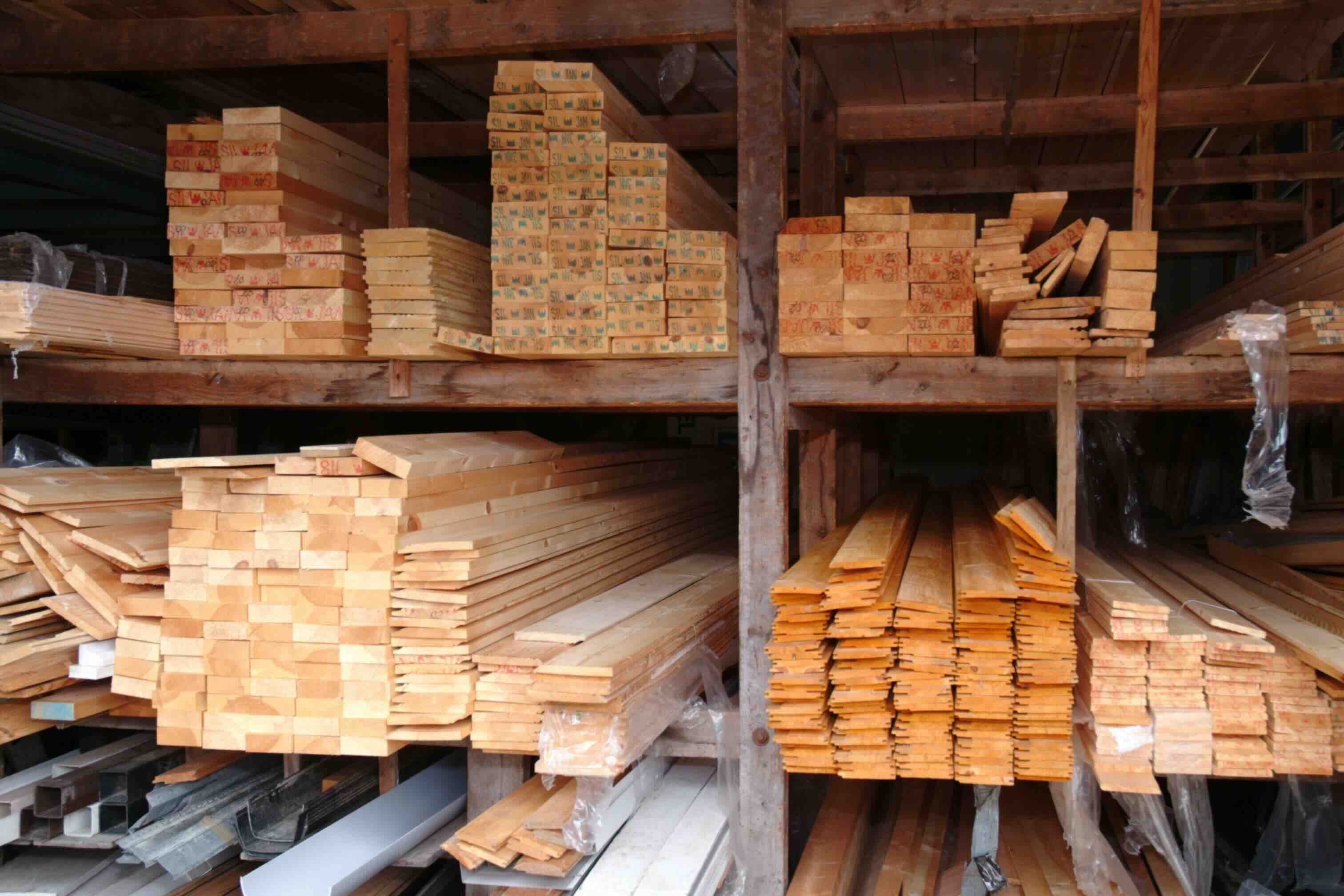
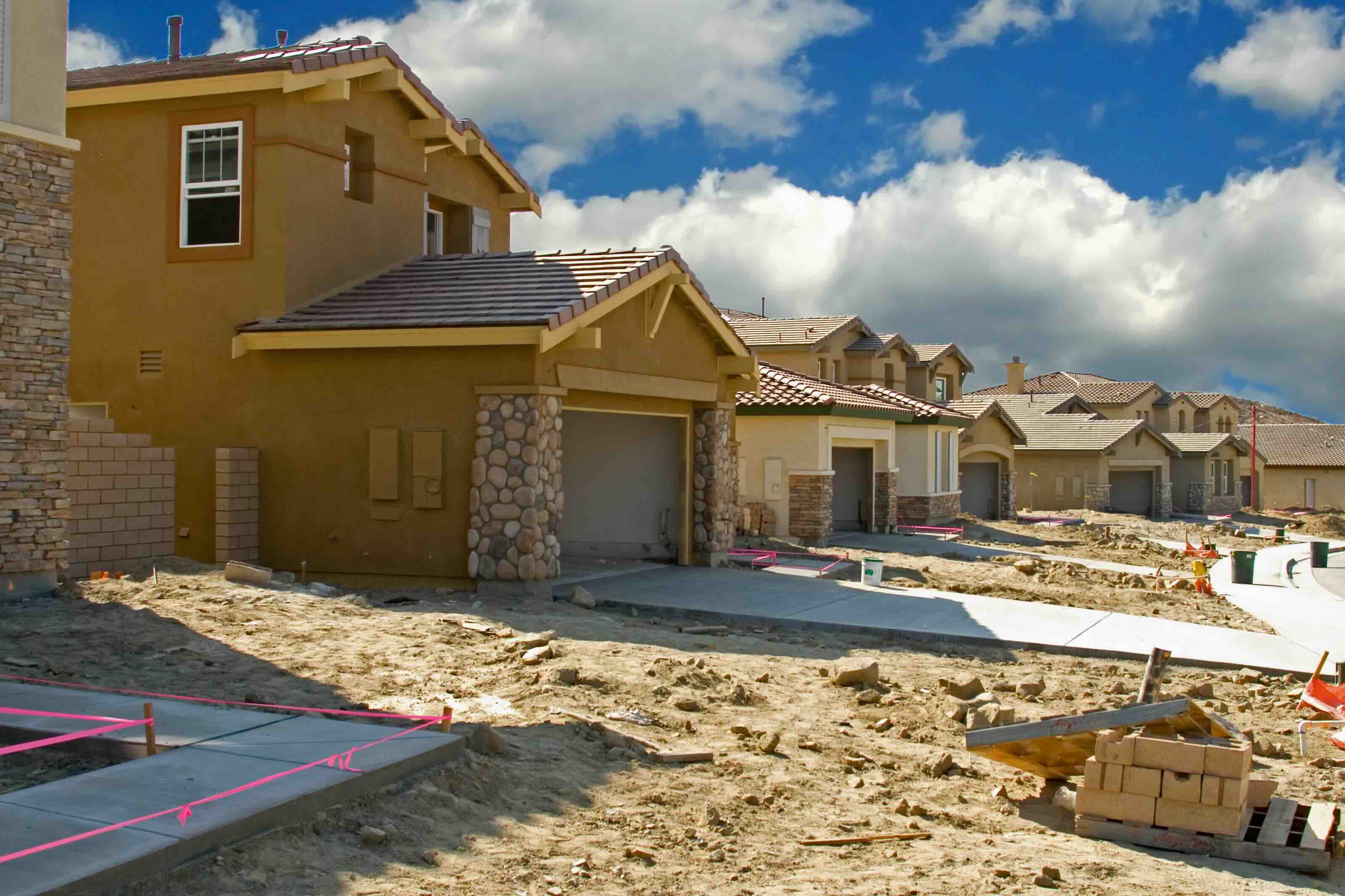
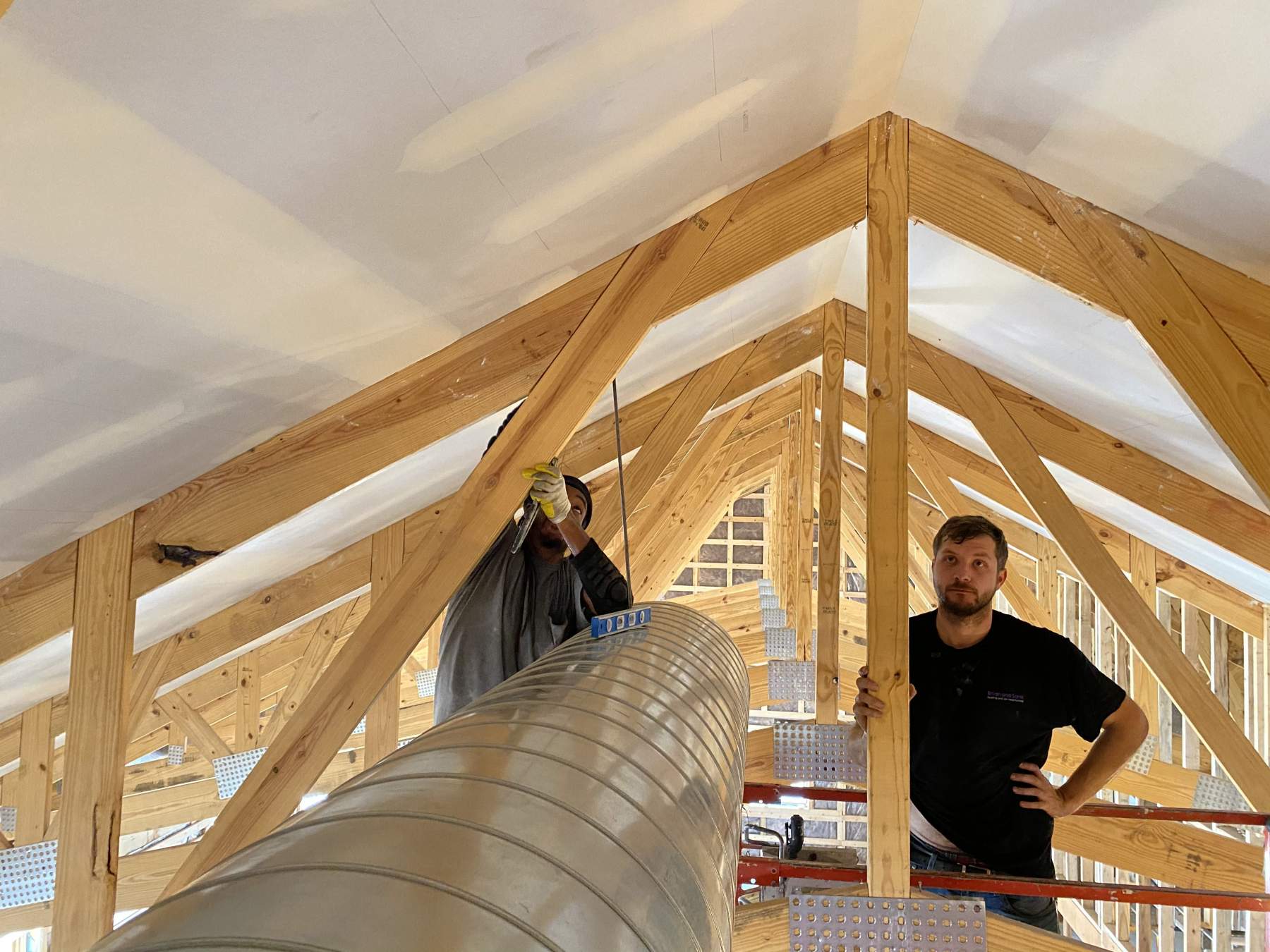
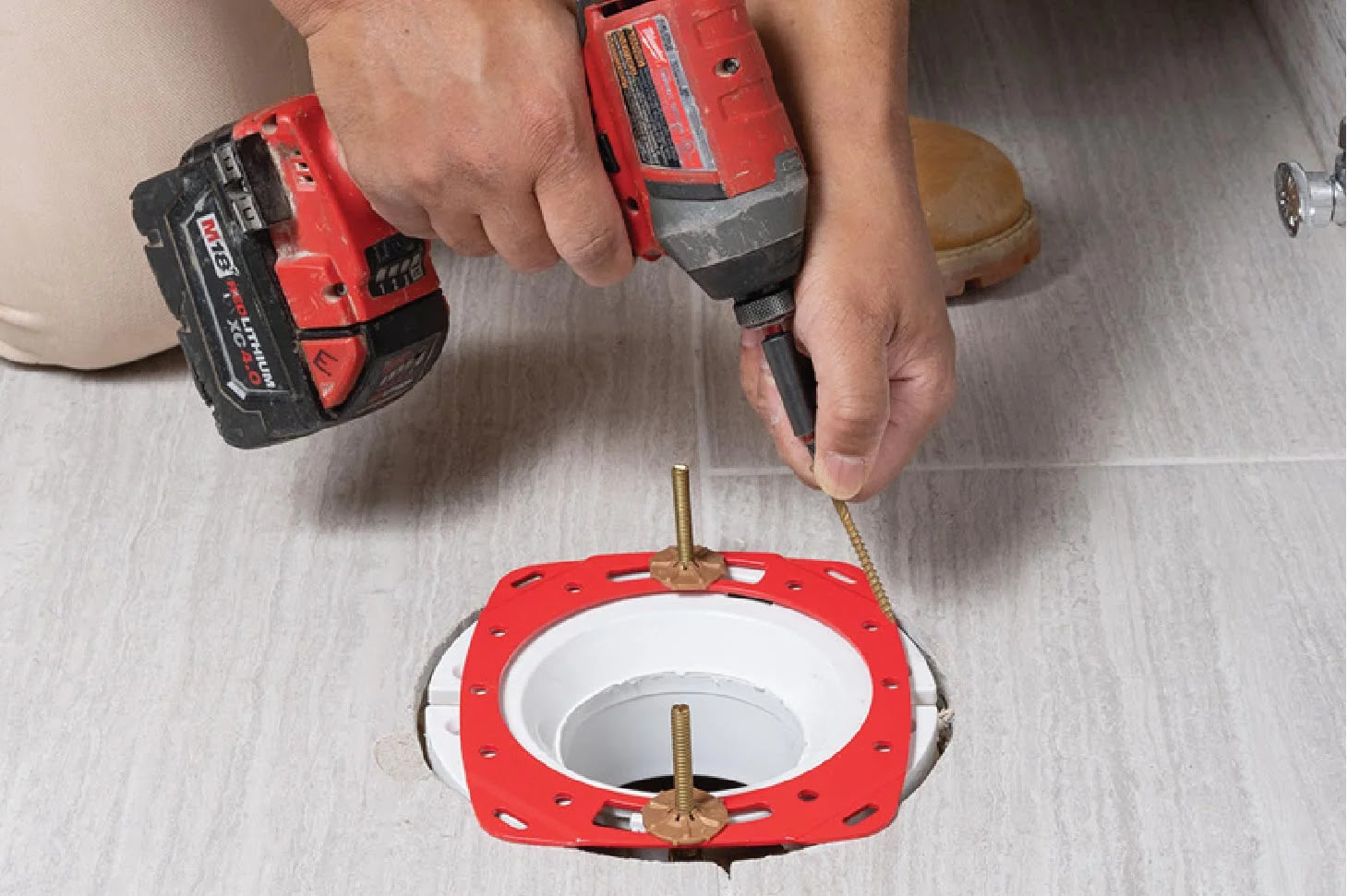
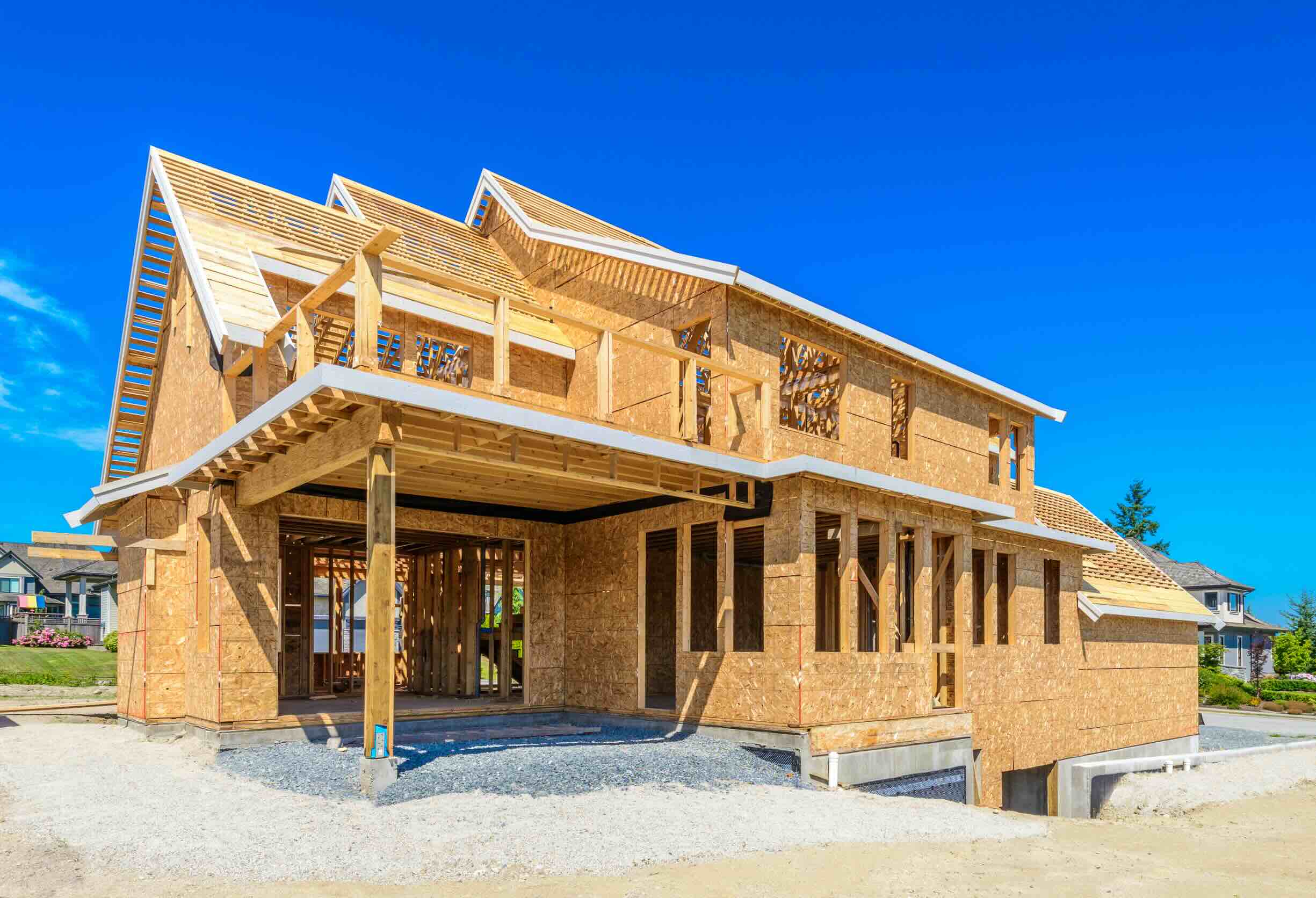

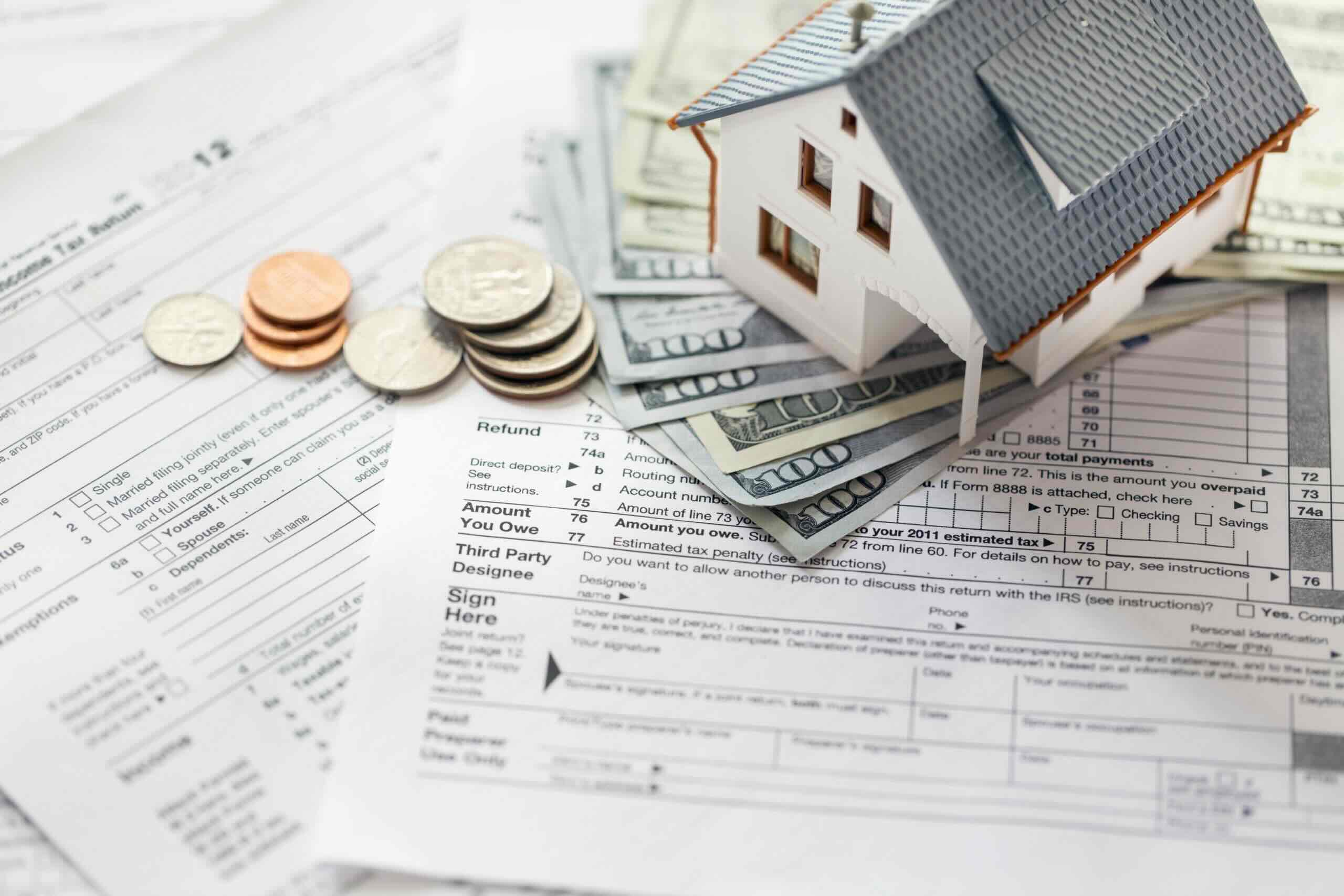
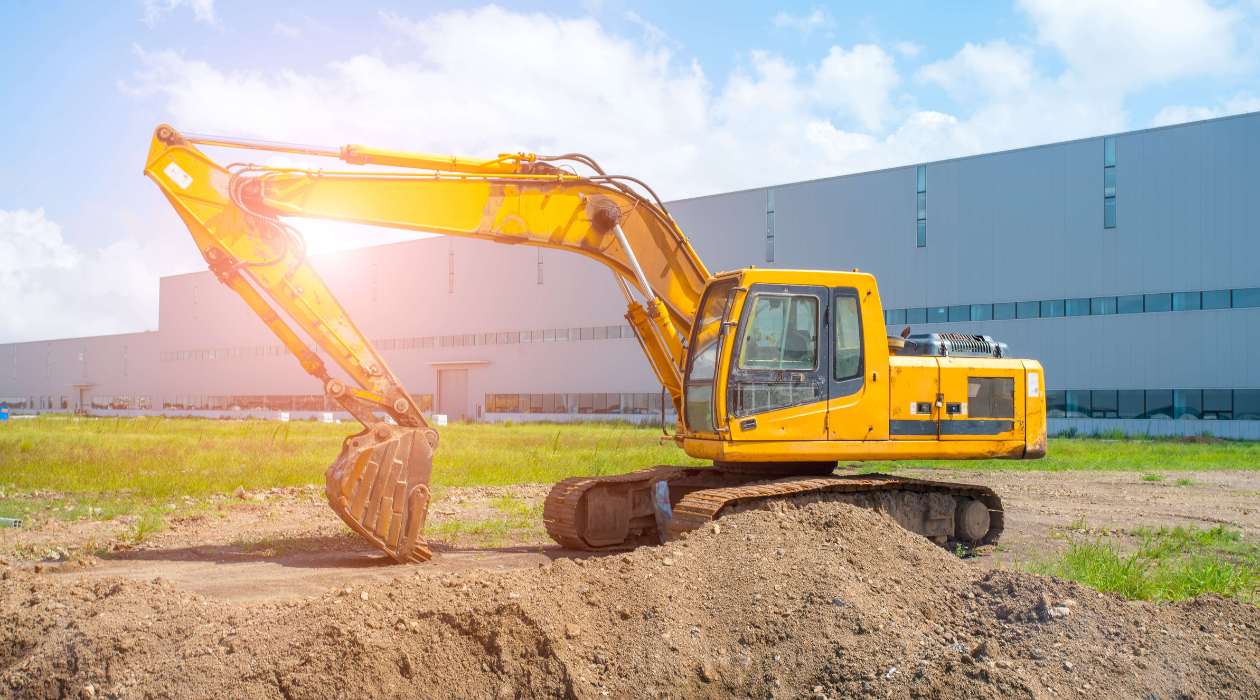
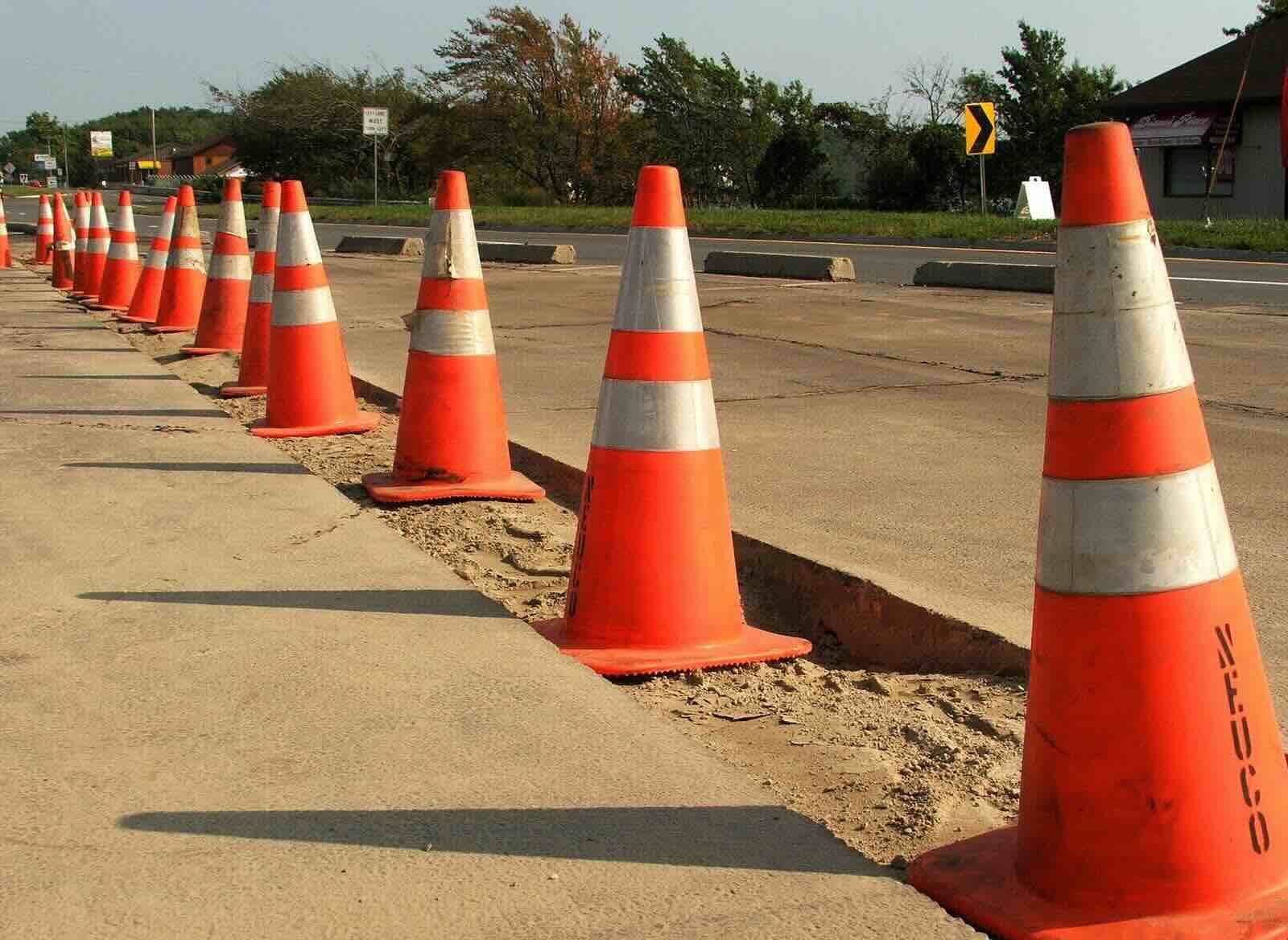

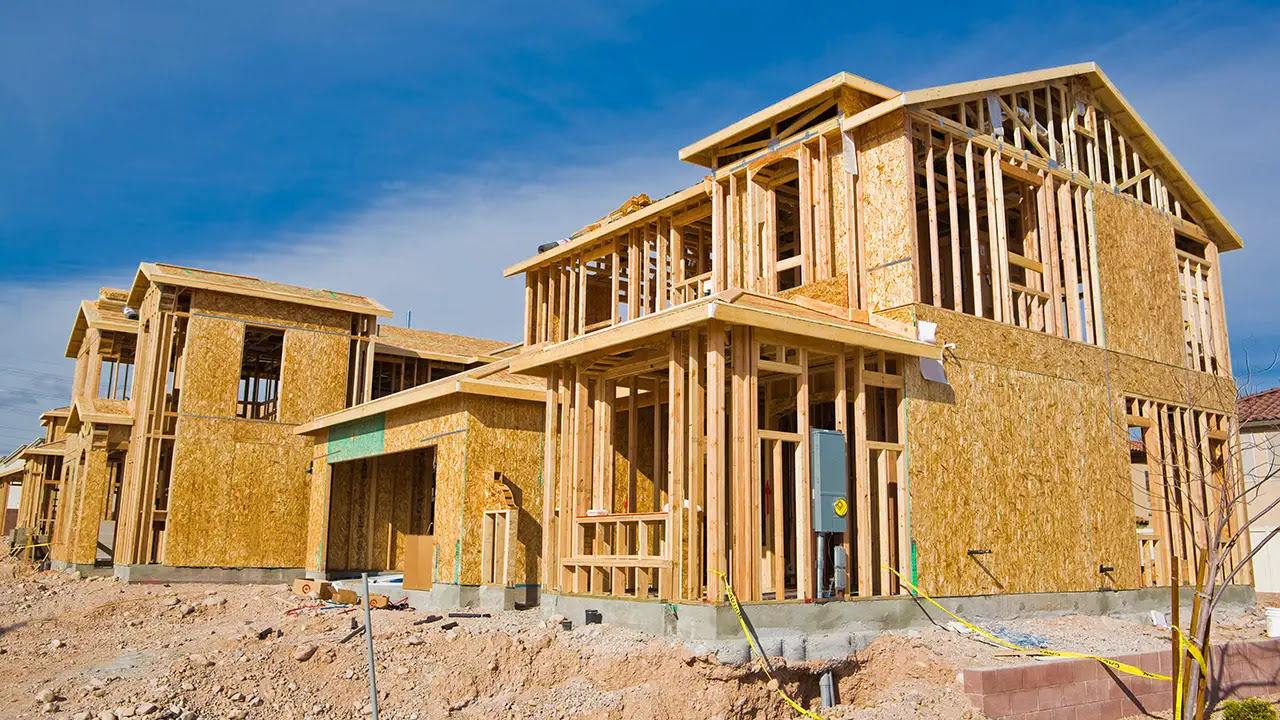
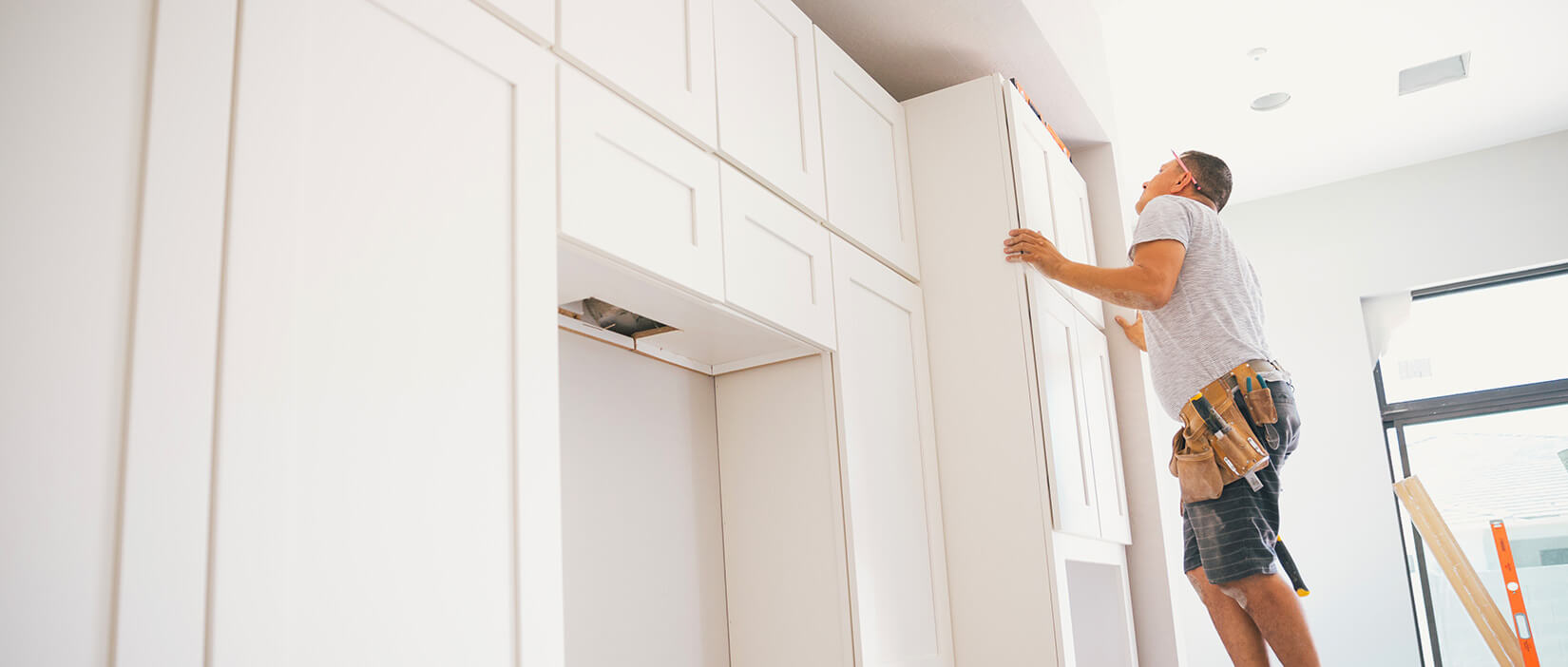

0 thoughts on “Why Buy New Construction”